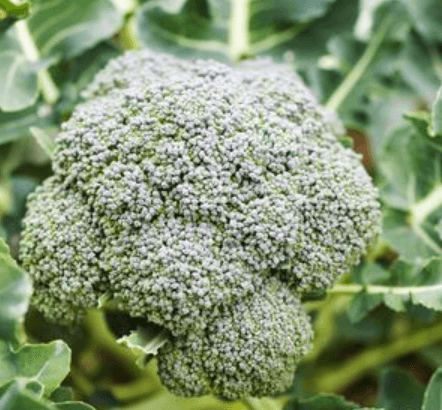When I was a child, the excitement of “Dashain” used to be a meat and besides new clothes. I used to dance when I used to see the big goat in my house whose meat I would get to eat. Like every year, we have already welcomed “Dashain festival”. Thousands of animals are being traded to sacrifice for meat. In the name of pleasing deity, we are making our reality worse. The reality that is endangering our survival on Earth through climate change, whose one of the many reasons is our meat habit.
Do we ever realize how our preference of meat and other animal products to vegetables is slowly heating the Earth accelerating the climate change?
How our eating meat habit leads to climate change
According to NASA, carbon dioxide has been recorded highest of the last 650,000 years resulting in an abrupt global temperature rise (1.8º F per since 1880), depleting ice sheets of the Himalayas and raising the sea level, ultimately challenging diverse ecosystems. The world is at a worst nightmare in terms of environmental depletion and unforeseen consequences of global challenge – Climate Change.
According to FAO, the climate induced disasters like flash floods, forest fire, erratic rainfall, drought, pest outbreaks, storms, etc. have increased by two folds in the last century with the loss of USD 250 billion to USD 300 billion every year globally. FAO also reported that in between 2005 and 2016 the average of 260 natural disasters occurred annually in the developing countries taking away the lives of 54,000 people. These statistics show the urgency of action against the changing climate of Earth. The dietary pattern we follow is among the many factors responsible for changes in climate, which is neglected and overshadowed.
We eat a different diet derived from plant and animal sources to be healthy and function well in our daily activities. According to the Climatic Change Journal published by Dietary green house emissions of meat eaters, fish eaters, vegetarians and vegans in the UK, meat eaters are responsible for twice as much dietary greenhouse emissions per day than vegetarians. In addition, FAO suggests that the livestock contributes tentative production of 18% green house gases , which is higher than a global transportation could produce. The animal agriculture is responsible for 65%, 37% and 9% of anthropogenic nitrous oxide, methane and carbon dioxide emissions respectively (FAO).
Increasing meat consumption leads deforestation
The increase in meat consumption increases the animal agriculture that increases the fodder demand. It leads to deforestation declining the carbon dioxide sink – Forest. As a result the ozone layer is depleted that is welcoming more harmful sun rays to the Earth which is the major reason for the increase in global temperature.
Meat and dairy intake increases earth temperature
John Hopkins Center for a Livable Future quote “If global trends in meat and dairy intake continue, the global mean temperature rise will more than likely exceed 2° C, even with dramatic emissions reductions across non‐agricultural sectors.” The slight increase in temperature will melt the polar ice caps, sink the islands, decline the food production and extinct the biodiversity and ultimately threaten every life on the Earth.
You can save environment eating crops

In mitigating and adapting to the changing climate, the shift in dietary preference has a prominent role to play. Environmental Working group (2011) states potato, rice and broccoli produced approximately 3-5 times lower emissions than an equivalent mass of poultry. So, we need to eat for the sake our need rather than taste. The report of the University of Edinburgh states that the emissions from producing meat is more than growing crops as large amount of cereals are grown to feed livestock. The animal agriculture is as well resource inefficient that may challenge to feed the 9 billion hungry mouths by 2050.
Eating less meat or no meat in Dashain fight against climate change
Thus, the small shift in our daily diet pattern can have a ripple effect to fight the crusade against the climate change and food insecurity. Had the “Dashain” being celebrated with no or minimal meat, Nepal would have not been contributing to heat the Earth due to diet. In a nutshell, it’s high time we implemented the quote by Mary Robinson, the former president of Ireland “We have to change; we cannot go on with business as usual. We need each of us to think about our carbon footprint. Eat less meat or no meat at all. Become vegetarian or vegan.”
This article is submitted by Aasma Sharma, an Agriculture Intern at PMAMP (Prime Minister Agriculture Modernization Project), Agriculture and Forestry University.

